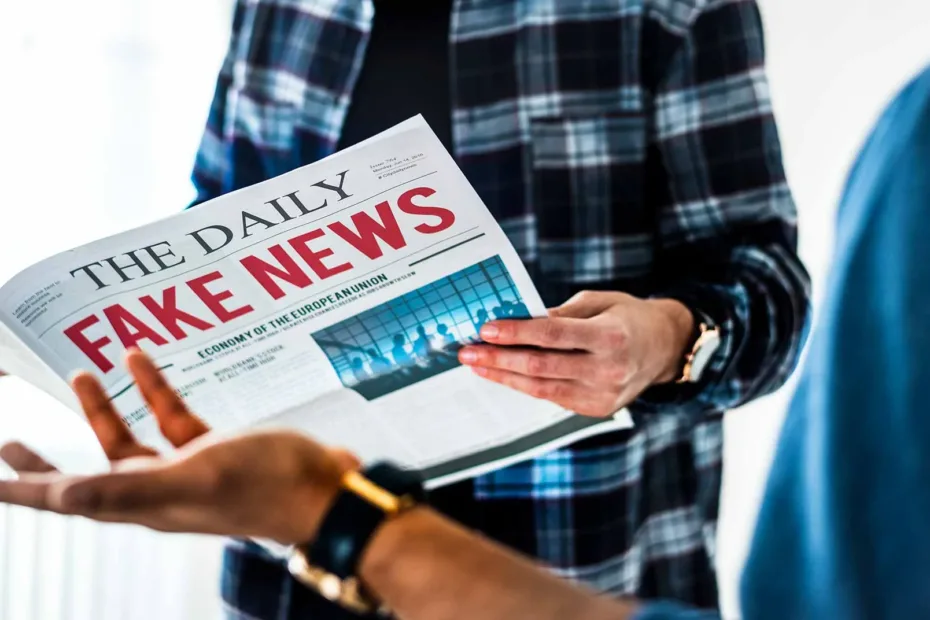Home > Media Studies Media Studies
Media studies is an interdisciplinary field that examines the role of media in society, culture, and politics. It involves the critical analysis of various forms of media such as television, film, social media, newspapers, and radio. This is a relatively new field, having emerged in the 1960s and 1970s. This was in response to the growing influence of mass media on society.
Media studies typically explores topics such as media production, representation, reception, and the impact of media on society. It examines how media messages are constructed and how they are interpreted by audiences. Also, how it affects social norms and values. The field also considers the economic and political factors that influence media production and distribution.
Media studies is an interdisciplinary field that draws on a range of theoretical perspectives. These include cultural studies, sociology, anthropology, psychology, and political science. It uses both qualitative and quantitative research methods to examine media content, audiences, and effects.
Media studies is an important field because it helps us to understand the media’s role in shaping public opinion. It allows us to critically analyse media messages and to become more media literate. By studying media, we can better understand how media industries operate and how they influence our lives.
Some of the key issues that media studies explore include media ownership and concentration. Also considered are representations and stereotyping, as well as the impact of media on democracy. Media’s increasing integration into our daily lives ensures the continued importance of this area of study.









